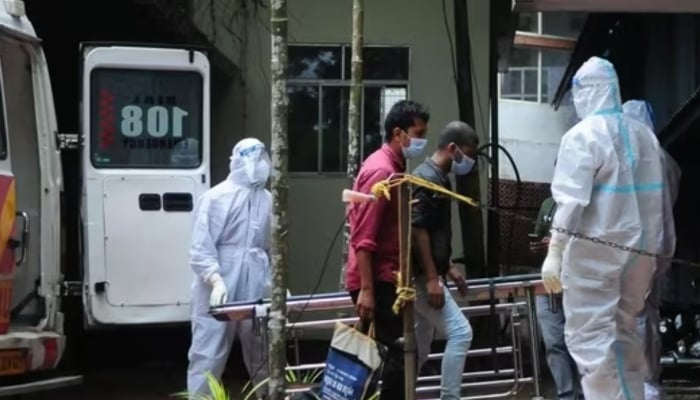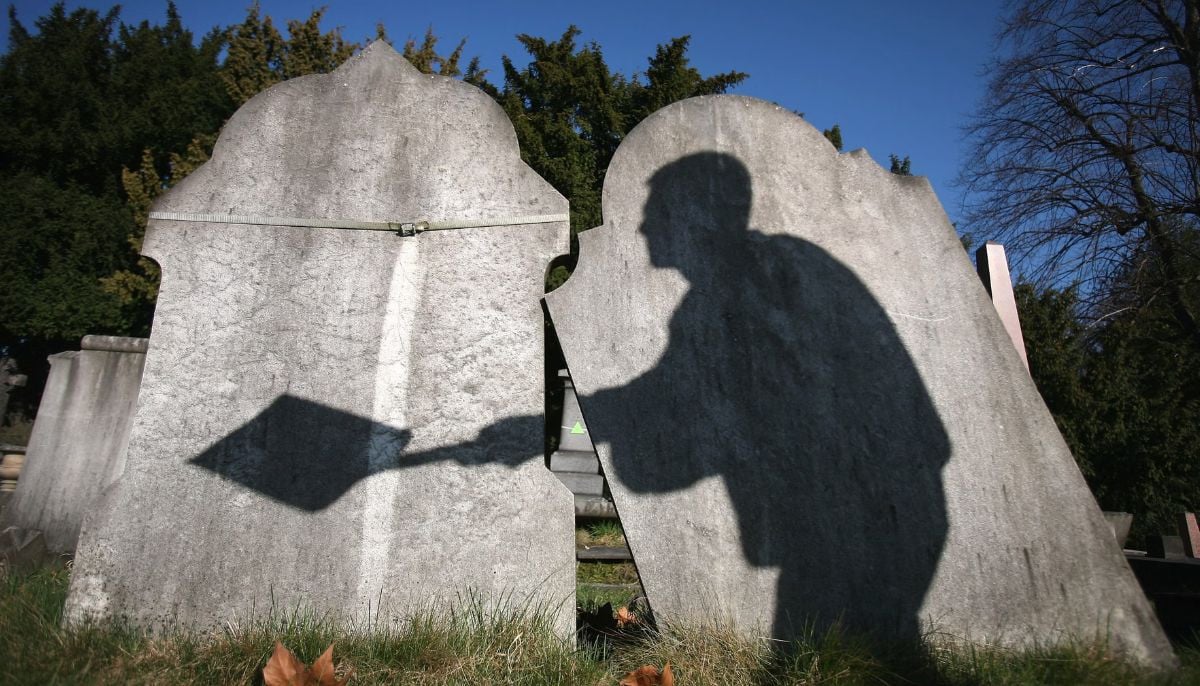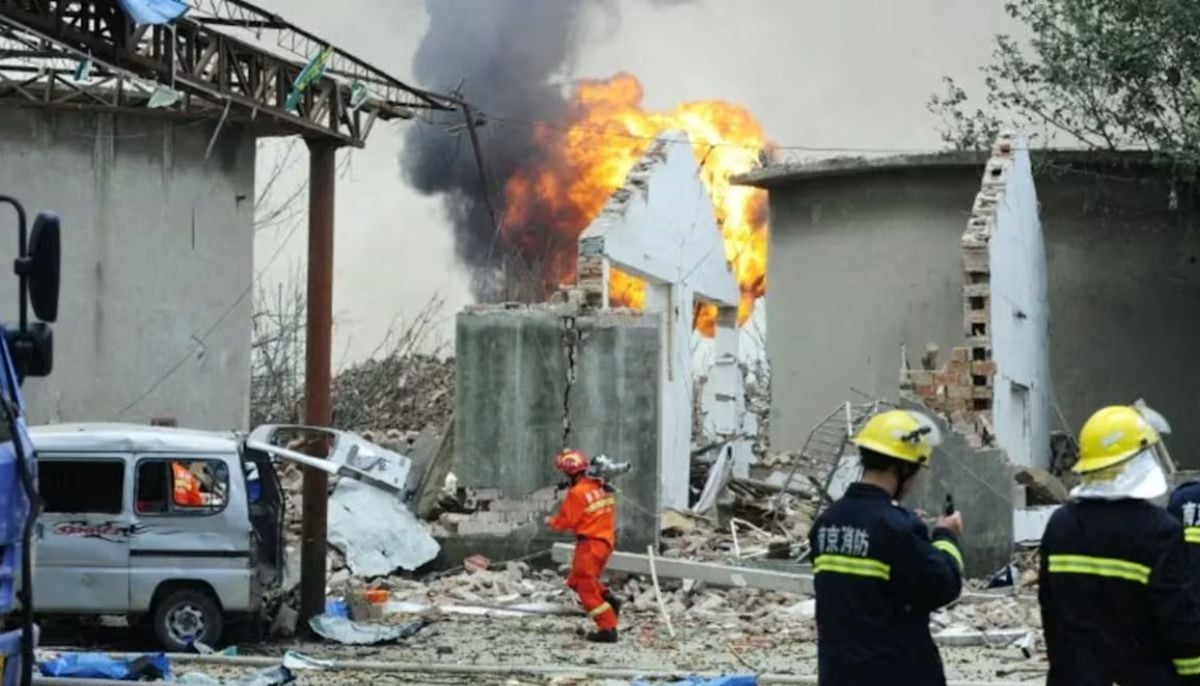Nipah virus takes over Indian state of Kerala — What do we know about it?
Nipah virus was initially identified in 1998 during an outbreak that affected pig farmers in Malaysia and Singapore
The state of Kerala in southern India took swift action this week, closing certain schools and offices to contain the spread of the deadly Nipah virus, which has claimed the lives of two individuals.
This marks the fourth outbreak of the virus since 2018. Let's delve into what we know about this virus:
Origin:
The Nipah virus was initially identified in 1998 during an outbreak that affected pig farmers in Malaysia and Singapore. It has the ability to infect humans directly through contact with the bodily fluids of infected bats and pigs.
There have been documented cases of human-to-human transmission. Scientists suspect that Nipah has existed among flying foxes for centuries, and there is a concern that a mutated, highly transmissible strain could emerge from bats.
Symptoms and treatment:
There are currently no vaccines available to prevent or cure Nipah virus infection, which has a mortality rate of approximately 70%. The standard approach to treatment is providing supportive care. Infected individuals typically experience initial symptoms such as fever, respiratory distress, headaches, and vomiting, as reported by the World Health Organization (WHO).
In severe cases, encephalitis and seizures may occur, potentially leading to a coma. The WHO has included the virus on its research and development list of pathogens with epidemic potential.
Previous outbreaks:
The Nipah virus has a history of outbreaks. The 1998 outbreak in Malaysia and Singapore resulted in over 100 fatalities and nearly 300 infections. Since then, it has spread across thousands of miles, with mortality rates ranging from 72% to 86% among those infected.
WHO data reveals that more than 600 cases of Nipah virus human infections were reported between 1998 and 2015. In 2001, an outbreak in India and two more in Bangladesh claimed the lives of 62 out of 91 infected individuals.
In 2018, Kerala witnessed an outbreak that claimed 21 lives, followed by additional outbreaks in 2019 and 2021. Notably, parts of Kerala are considered among the highest global risk areas for outbreaks of bat-borne viruses, as highlighted in a Reuters investigation in May.
-
Shocking reason behind type 2 diabetes revealed by scientists
-
Simple 'finger test' unveils lung cancer diagnosis
-
Groundbreaking treatment for sepsis emerges in new study
-
Savannah Guthrie addresses ransom demands made by her mother Nancy's kidnappers
-
Washington Post CEO William Lewis resigns after sweeping layoffs
-
North Korea to hold 9th Workers’ Party Congress in late February
-
All you need to know guide to rosacea
-
Factory explosion in North China leaves eight dead












